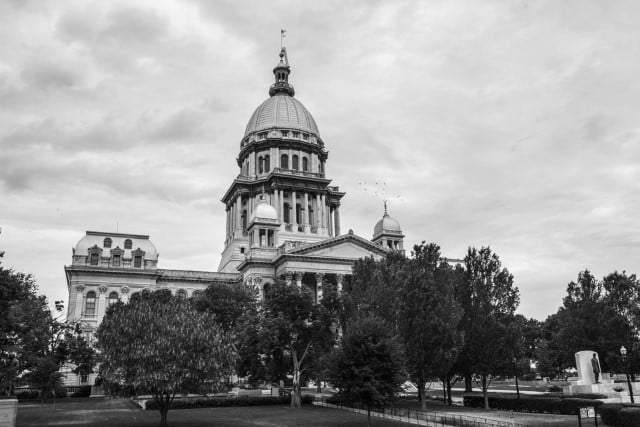On Tuesday, December 16th, President Obama signed a new spending bill that would keep the federal government operating over the next nine months. This is one of the last acts of Congress that the two bipartisan chambers will pass. When Congress returns to session in January there will be a Republican-controlled House and Senate.
Among other things the measure rolls back some banking regulations, cuts spending to the EPA, retains spending for the health care system and gives pay raises to soldiers. Nestled within all of these seemingly typical changes is a piece of monumental legislation for the cannabis movement. Section 538 reads, “None of the funds made available in this Act to the Department of Justice may be used, with respect to the States [list states with medical marijuana bills] to prevent such States from implementing their own State laws that authorize the use, distribution, possession, or cultivation of medical marijuana.”
You would think there would have been more of a fuss regarding the issue. Due to the twenty-year face-off between medical states and the federal government. The measure was instead coyly snuck into the 1603 page document. Section 538 was supported by both Republicans and Democrats. Assumingly so because it was presented as a matter of State’s rights. In reality, the approval of the measure has a lot more to do with changing public opinion, the worldwide media attention high-CBD strains have received, and the growing notion that going against medical marijuana would be political PR suicide.
Since President Obama has been in office federal raids of medical cultivators and dispensaries has dropped significantly, yet zealot federal agents have continued raids, especially in California. It is forbidden for federal money to be spent in interference with state medical marijuana laws with this new measure. It does not warrant an umbrella of protection though. They can still investigate organizations for tax evasion, money laundering, or other federally punishable offenses.
Due to the unregulated nature of dispensaries, many have been operating without ever registering with their states. They have alos not been paying the necessary taxes on sales. For example, Washington State has been cracking down on such operations since 2011, but it remains unclear whether or not federal agents would be allowed to bust the organizations that have not filed with their states. Some medical dispensary owners and collectives argue that they are nonprofit businesses that should be tax exempt.
Although section 538 has allowed state’s to set their own ways regarding medical marijuana, section 809 of the spending bill prohibits federal money from being used to “enact any law, rule, or regulation to legalize or otherwise reduce penalties associated with the possession, use, or distribution of any schedule I substance,” which includes marijuana. This would curtail the implementation of the recreational bill Initiative 71 which passed in Washington D.C. in November. Even though it has over 70% approval rating by voters. This section would mitigate the previous decriminalization efforts and make it illegal to have any amount of cannabis.
Any way you look at it. The new spending bill is a giant step forward. It is a movement toward granting truly safe access for patients to their medicine.








